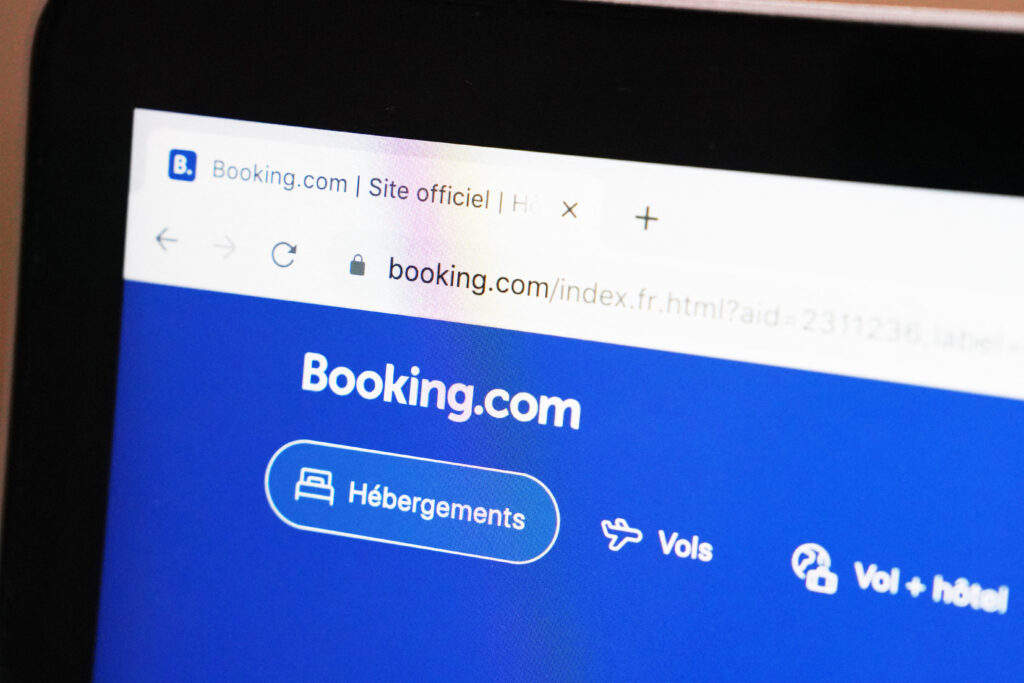Internet hotel booking companies Booking.com and Agoda.com, both part of Booking, continue to mislead consumers who want to book accommodation on their sites, according to the Dutch Consumers' Association.
The booking sites display fake discounts, show incomplete prices and put pressure on consumers by suggesting scarcity that is not there. Booking had already promised improvement on these issues in 2020, but not enough has been done. In the meantime, numerous people (including Belgium) have fallen victim to scams.
"These are deliberate tricks to make consumers feel that they have found a good deal and need to decide quickly. They are being hounded with lies," said Consumers’ Association director Sandra Molenaar.
The booking sites advertise prices without mentioning unavoidable taxes and service charges – which is against the rules, Molenaar said. Booking.com also consistently uses artificial "scarcity" to get consumers to decide quickly; the platform does not only show hotel rooms, but also private homes and flats that are not available all year round. With only hotels, however, the availability rate would be much higher.
'Free cancellation'
The Agoda platform also claims fewer rooms are available than in reality, while its lowest price guarantee appears to have all sorts of conditions attached to it that are not reflected on the site. On top of that, "free cancellation" is sometimes not free at all, and suggested discounts also appear to be incorrect.
In 2020, Booking and competitor Expedia were already taken to task by the European Commission and national regulators, including the Dutch Consumer & Market Authority (ACM), for banned manipulation techniques and fake discounts.
At the time, the companies promised improvement. Unlike Booking, Expedia seems to have largely kept that promise. The Consumers' Association reported Booking's violations to the ACM, which is studying the results and promises to take action "if necessary."
Two weeks ago, the European Commission already designated Booking.com as a "gatekeeper" under the Digital Markets Act (DMA), giving it six months to fulfil its requisite obligations. The DMA aims to ensure fairness from online platforms, particularly those wielding considerable influence over the domestic market.

